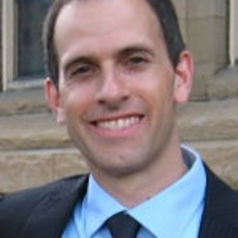Tom Guglielmo’s teaching and research interests include race and ethnic studies, immigration, and twentieth-century U.S. social, cultural, and political history. He teaches courses on race, civil rights, immigration, World War II, and the modern United States. His first book, White on Arrival: Italians, Race, Color, and Power in Chicago, 1890-1945 (Oxford University Press, 2003), received the Frederick Jackson Turner Award from the Organization of American Historians and the Allan Nevins Prize from the Society of American Historians. It argued primarily that numerous individuals and institutions both questioned Italians’ racial desirability (as Italians, South Italians, Sicilians, and Latins) and accepted them as “white on arrival” in the United States. This argument challenged a central tenet of whiteness scholarship, namely that European immigrants were “in-between peoples,” temporary occupants of a not-quite-white murky middle. Prof. Guglielmo argued, instead, that some whiteness scholars, by failing to appreciate the differences between “color” categories (e.g., white and black) and European “racial” ones (e.g., Latin and Nordic), underestimated the stability—and, unwittingly, some of the concrete advantages—of European immigrants’ white status.
Current Research
Tom Guglielmo is presently at work on a second book, Race War: World War II and the Crisis of American Democracy (under contract with Oxford University Press). The book examines a motley mix of Americans and their struggles over the meaning and boundaries of race. In the frenetic wartime world of conscription, materiel production, labor migration, and combat, novel possibilities for both scrambling and solidifying racial hierarchies abounded. The state, civil institutions, and ordinary people wrestled over what role race would play, if any, in American life. Should existing boundaries be preserved, redrawn, or eliminated? Who should and would decide? On what basis? And to what effect? The book explores this complex set of questions—and Americans’ struggles to find answers.
Experience
-
–presentAssociate Professor of American Studies and Director of Graduate Studies, George Washington University
- Article Feed
- Joined


